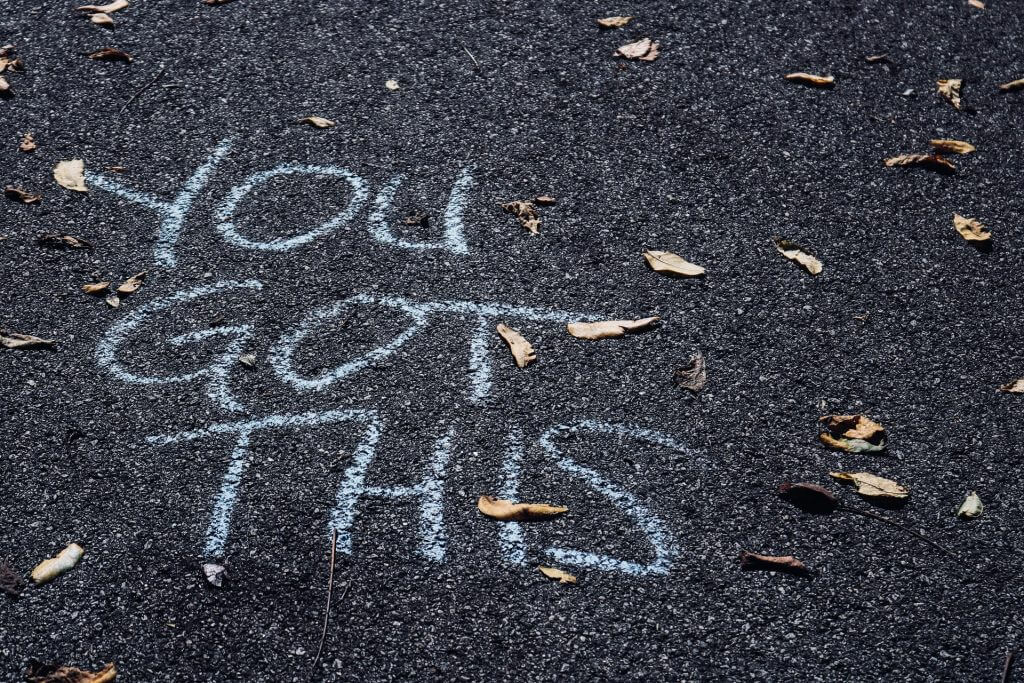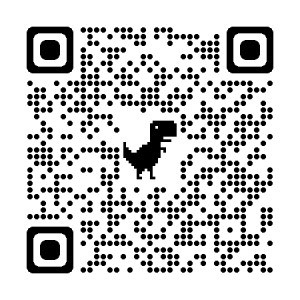
Break the Debt Cycle
A lot of people are trapped in the debt cycle, which can have a significant impact on their mental and financial wellbeing. It’s not impossible that you could be one of them, especially when finances are usually on top of the list of people’s worries.
While personal loans and lines of credit have become part of our lives, many people fail to recognise the impact that the vicious debt cycle has on their welfare. Being unable to manage debt has shown devastating effects on individuals facing such problems. These effects may include poor health, suffering from anxiety or depression, or having problems with relationships.
Now, more than ever, is the best time to take steps towards a happier and healthier way of living.
Recognise the problem
First, you should recognise and acknowledge that you have a problem – you are trapped in the debt cycle. Upon accepting that you’re stuck, it’s most likely that you’ll be empowered and inspired to do something about it, and eventually lead you to make positive choices to help you get back on track.
How did you create your debt? The answer to this question is simple: you are spending more than you should.
Perhaps, you’ve been buying things that you want rather than you need. Or, you’re relying too much on loans or credit to cover your expenses.
Living on lines of credit offers you a lifestyle that you wouldn’t be able to afford otherwise. But, this also means that you’re already borrowing money constantly, resulting in more debt.
Commit to break the debt cycle
It can be tough in the beginning, but you definitely have to commit yourself to these practices to break the cycle:
- Avoid using credit for paying bills and purchasing food as much as possible.
- Cut out any ‘wants’ until you’ve paid off a large portion of your debt.
- Use cash instead of your credit card if you go shopping (leave the card at home).
- Shop around to get better deals on groceries, monthly utilities, and any regular expenses.
Cut spending
Try to write down everything you spend on and figure out what you can easily cut out. Limit your spending to the bare necessities, or better yet, just stop all together. Think about it, if you stop buying things, you aren’t creating new debt.
Tracking and monitoring these figures will help you cut back and save more. Once you stop accumulating more debt, you’ll notice your payments will stabilise. This will give you a chance to pay off your debt more than required regularly.
Pay off your debt faster with your savings
Another way to stop the debt cycle is to pay off your debt faster. You can even use any extra savings to do so. If you have gigs or receive some bonuses, make sure to allocate your extra earnings towards your debt to help eliminate them quicker.
Seek help
Other than family and friends, you can benefit from seeking out advice and help from professionals. If you feel overwhelmed or in danger due to debt – call emergency services on 000 (Triple Zero), Lifeline on 13 11 14, or the National Debtline to speak to a financial counsellor.
If you liked our “Break the Debt Cycle” and find it useful, check our blogs regularly for more information on how to get out of debt and updates on the best budgeting apps in Australia




